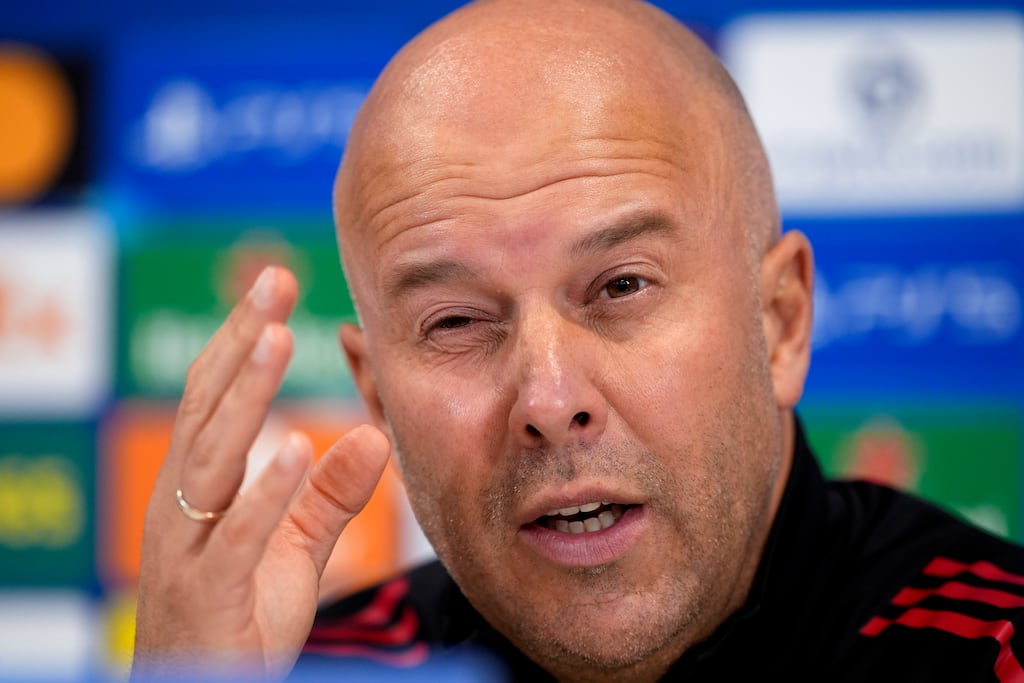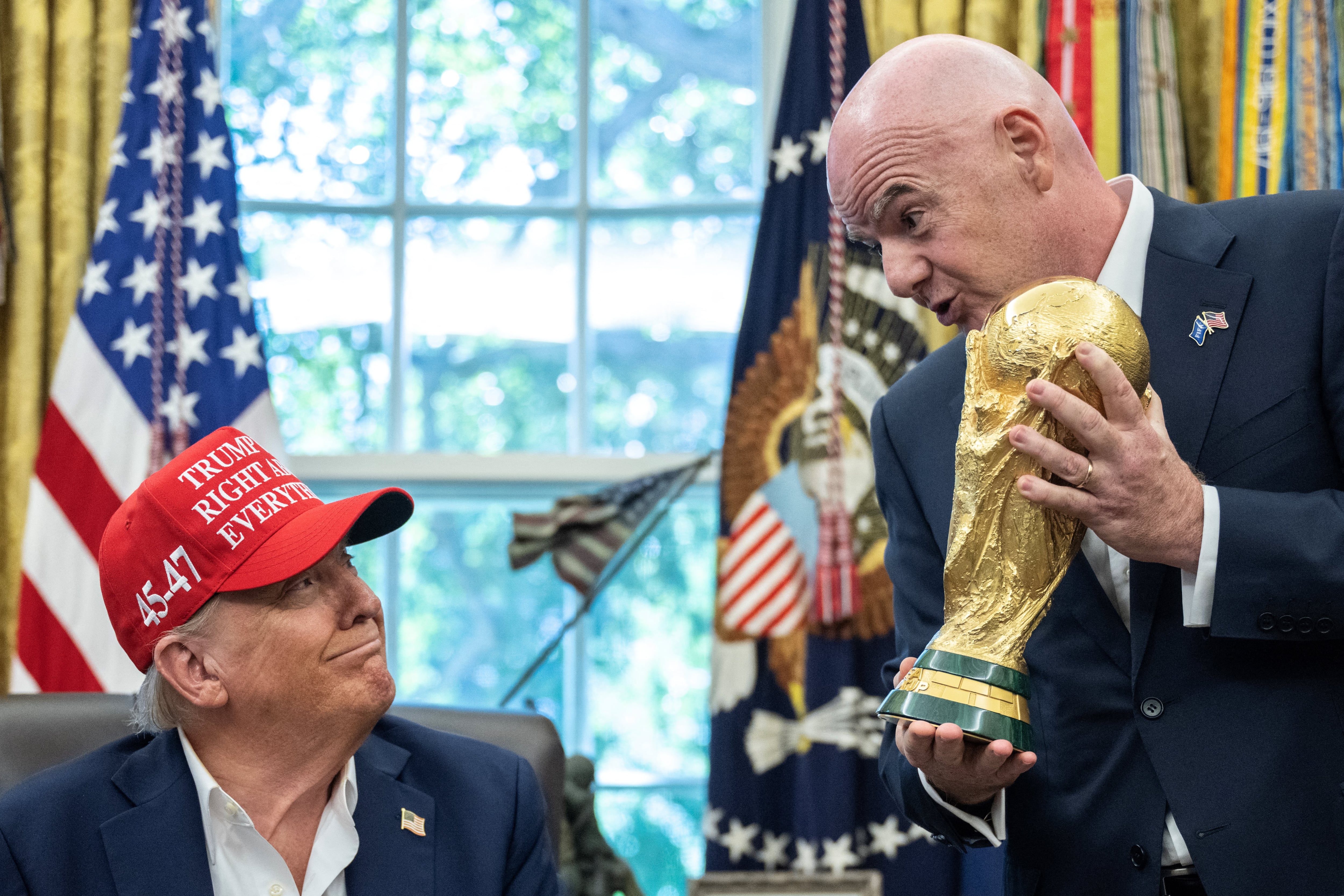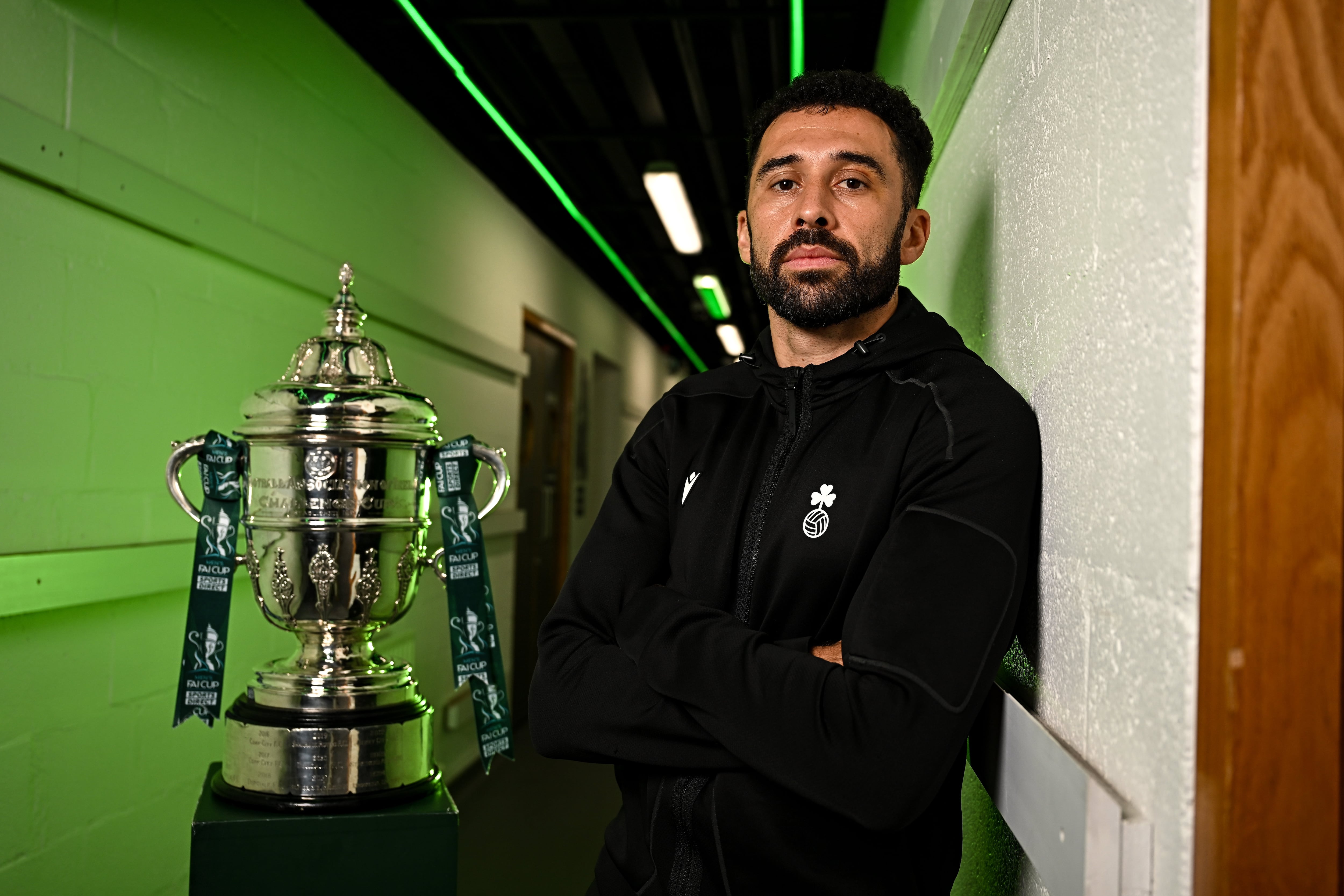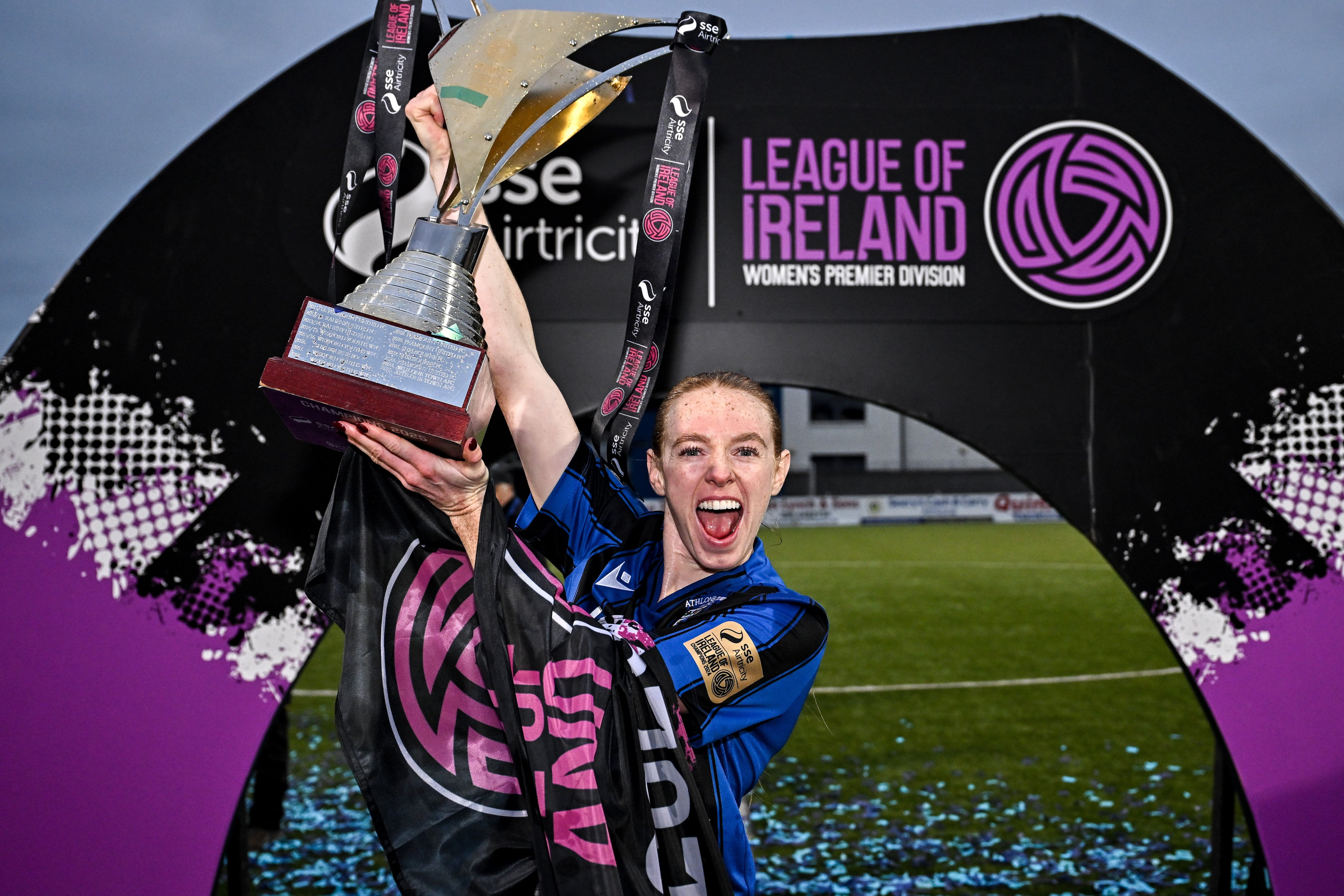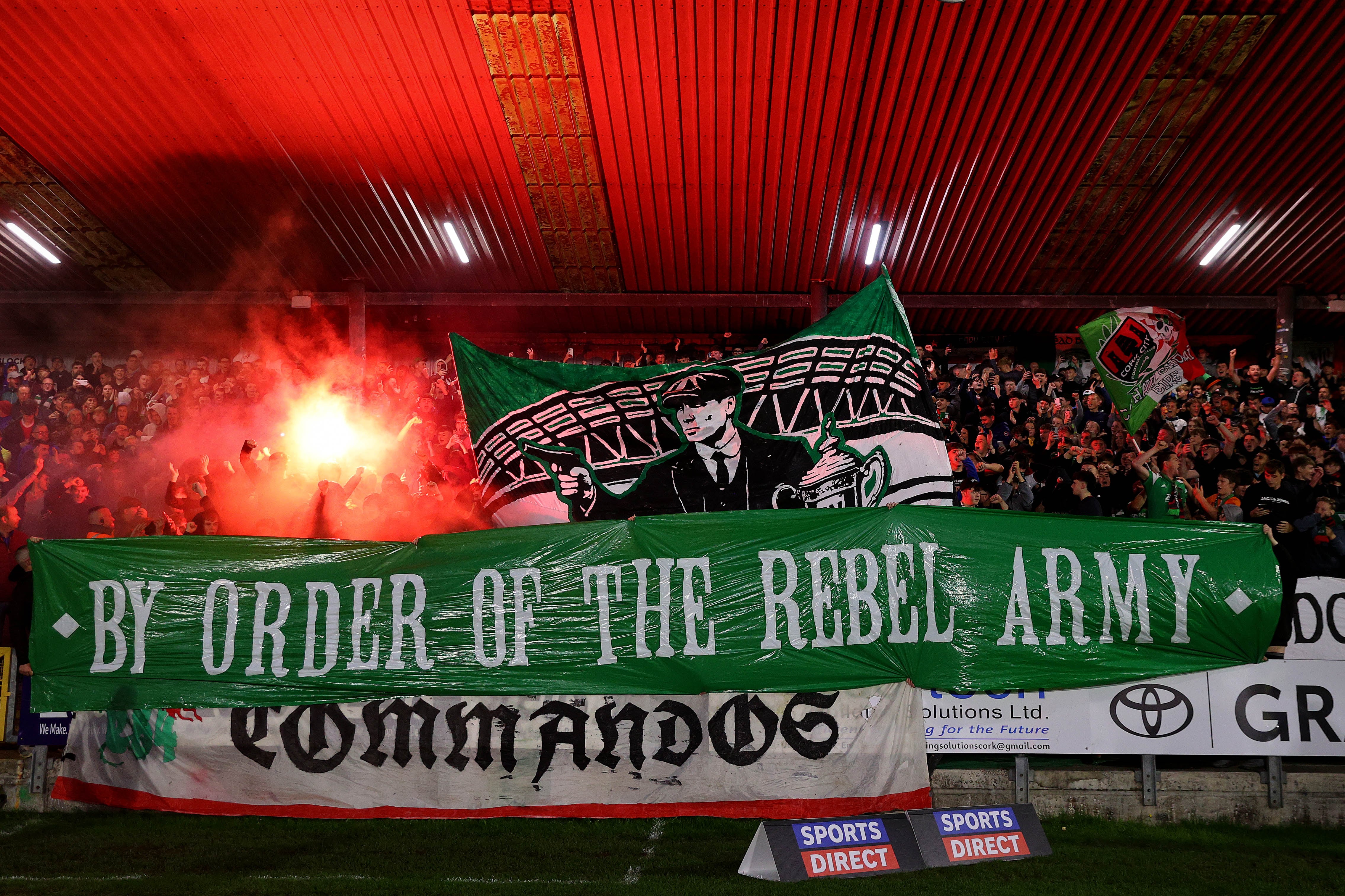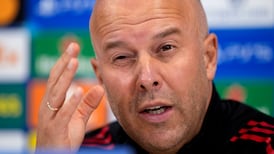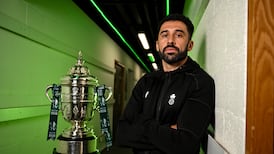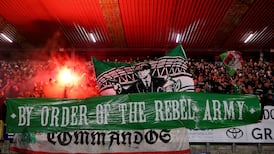Time is the enemy of all modern managers. There simply isn’t enough of it. The calendar is too packed, the demands on players too great and, just because there is something almost hypocritical about managers moaning about the number of games they have to play when the fixture list is a direct result of the greed of the clubs they work for, that doesn’t mean their fundamental point is not a valid one.
Transition is always difficult, particularly when it involves not just a change of players but of style. Arsenal may have brought in more players than Liverpool this summer, but it would require a particular obtuseness to think that bolstering and finessing a system that already fundamentally works is a source of greater disruption than implementing an almost entirely new style.
But transition has been made harder by the fact that time available on the training pitch has been so diminished: little wonder an increasing number of managers are preferring to focus on set plays as a way of maximising the limited opportunity they have to work with their teams.
Arsenal went into the weekend six points clear of Manchester City and seven of Liverpool. They look settled in their style, fluent and confident, with a squad deep enough to ride out all but the severest of injury crises. Their two obvious rivals, meanwhile, are trying to implement a new way of playing.
READ MORE
An interview Pep Guardiola gave to TNT in January seems increasingly important in outlining how he saw the future of football. “Today,” he said, “modern football is not positional, you have to ride the rhythm. It is unbelievable, and we could not, simply we could not [play in a positional way] because we did not have the players.
“The teams that are playing once a week, it is another story, and that doesn’t count. It counts when you are playing every three or four days. Injuries happen, but not this amount in certain positions and this amount of important players, it has never happened before.”
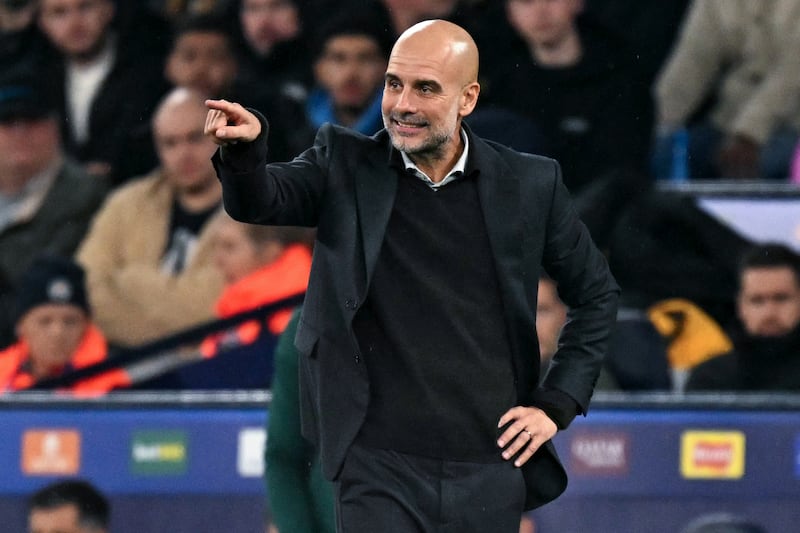
Squads have to be bigger. Managers have to rotate more. Without time to devise and implement tactical schemes for every fixture, football has to be simplified. The game’s administrators, in expanding competitions, producing ever more content, increasing the demands on elite players, have actively changed how the game is played; it’s fairly evident Guardiola would see that change as being for the worse.
Never before, not even in the four years when he had Lionel Messi in his side at Barcelona, has Guardiola focused his play so much on one player. After overhauling his squad since January, everything is geared to creating chances for Erling Haaland, who has scored a preposterous 27 goals in 17 games for club and country this season.
City’s leading scorer in the league this season after Haaland is Maxime Estève, who scored two own goals in City’s 5-1 win over Burnley in September. Once Guardiola would demand his side played 15 or 20 passes to deal with a potential counter before launching an attack; now everything is about trying to play Haaland in quickly behind the opposing defensive line.
There’s something almost passive-aggressive about the switch: “Look at what you’re making me do,” Guardiola seems to be saying, the great overthinker casting aside his complex diagrams and schema for a radical simplification of football, refining the game to its most basic form: goalscorer scores goals.
But this is Guardiola, so nothing is ever quite that simple. Although the shape tends to be a 4-3-3, Phil Foden is habitually the most advanced midfielder, whether operating centrally or drifting in from the right. Rayan Cherki fulfilled a similar role against Bournemouth last week. Opposing defences, terrified of Haaland hitting space behind them, often drop off, and that creates a band in which intelligent creators can prosper – often by feeding Haaland. Foden scored twice against Borussia Dortmund on Wednesday but he had quietly been having an excellent season even before that, returning to something like his best after a frustrating 2024-25.
Arne Slot has been through a similar process. Having brought in only Federico Chiesa for last season, Liverpool’s squad required a refresh for this one. But Slot has acknowledged that he felt other sides had worked his team out by the end of the title-winning campaign and so has attempted something more ambitious than simple rejuvenation.
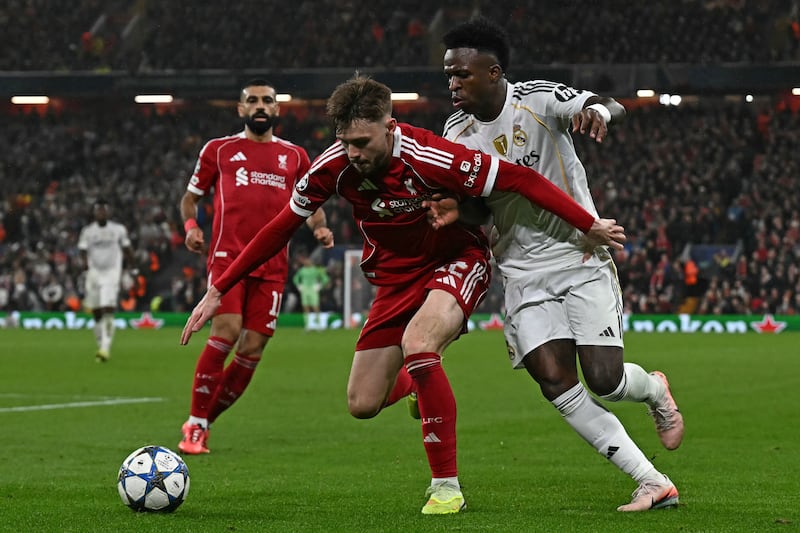
How that is eventually supposed to look is, frankly, a little unclear but it’s notable that the two wins that followed the run of six defeats in seven games have come after a return to something much closer to last season’s approach (and after selecting an extremely inexperienced side in the Carabao Cup, creating a little space in the calendar by in effect giving up on that competition).
The Liverpool XI against Aston Villa last Saturday featured 10 players who were at the club last season, plus Hugo Ekitiké. Against Real Madrid on Wednesday, Florian Wirtz was added on the left, replacing Cody Gakpo. The sense was of Slot going back to basics, slowly evolving rather than attempting wholesale revolution. When time is limited, all that is possible is incremental change.
Neither Villa nor Madrid took the approach that has so unsettled Liverpool this season, going long and trying to exploit the space behind the full-backs. When they meet at the Etihad Stadium on Sunday, the directness of City’s approach will be a gauge of how committed Guardiola is to his new pragmatism and, if they do try to exploit a vulnerability about which Slot has been open, that will be an indication of whether Liverpool really have stabilised or if these last two wins have been the result of playing sides whose strengths could not expose their weaknesses.
The likelihood is of a Liverpool closely resembling the side of last season, overhaul temporarily paused, versus a Guardiola side playing against type (or at least type as it was in every season up till this one) and trying to exploit the power and pace of their centre-forward, as they did at Arsenal. It’s an unexpected turn of events, one caused largely by the fixture list.
Mikel Arteta has already overseen his transition. As Liverpool and City go through theirs, as they face each other knowing defeat would be a grievous blow to their title hopes, time has rarely felt so squeezed. – Guardian
